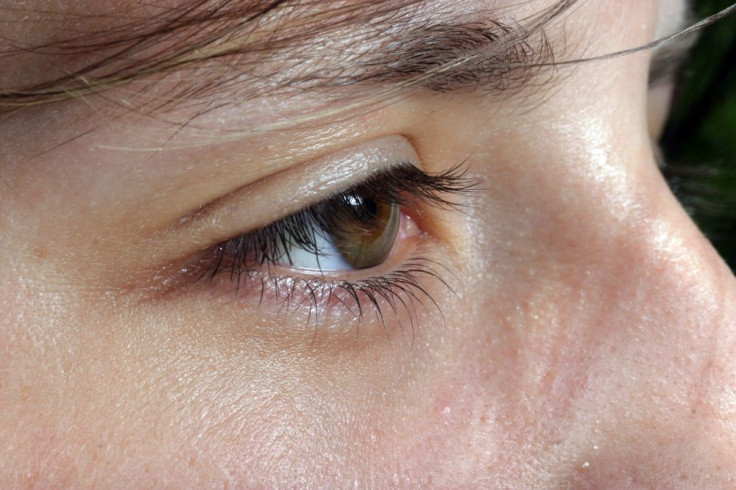Quitting Smoking May Slash Risk Of Developing Cataracts, A Blindness-Causing Disease

Want a better shot at keeping your eyesight in old age? Better quit smoking. In a new study from Orebro University Hospital in Sweden, researchers provide additional evidence that tobacco use increases the risk of developing blindness-causing eye disease. In addition, they show that kicking the habit may help offset this elevated risk.
Prevailing research suggests that smoking can significantly increase an individual’s risk of developing cataracts –– a clouding of the eye’s lens that can lead to blindness. However, few studies have examined whether smoking cessation is associated with a lowered risk. The current study, which is published in JAMA Ophthalmology, sought to investigate this by looking at data from the Cohort of Swedish Men, a national health survey including 44,371 men aged 45 to 79.
In this set, the team identified 5,713 cases of cataract extractions. By analyzing the self-reported smoking habits of these subjects, the team found a strong association between cigarette use and cataract incidence. For example, a habit of more than 15 cigarettes a day corresponded to a 42 percent increased risk of undergoing a cataract extraction.
Further analysis indicated that, over time, quitting smoking appeared to cut this elevated risk in half. About two decades after cessation, men with a mean smoking intensity of 15 cigarettes a day had only a 21 percent increased risk of cataract extraction compared to non-smokers. According to first author Birgitta Ejdervik Lindblad, the findings provide strong evidence that kicking the habit can initiate a slow but steady decline of this risk.
“Smoking cessation seems to decrease the risk of cataract extraction with time, although the risk persists for decades. The higher the intensity of smoking, the longer it takes for the increased risk to decline,” the researchers wrote in their conclusion. “These findings emphasize the importance of early smoking cessation and preferably the avoidance of smoking.
A Growing Case Against Smoking
The current study provides further evidence that the consequences of smoking may extend into all aspects of your health. Last year, a study from Uppsala University in Sweden showed that cigarette use is associated with a range of deleterious genetic changes. These changes, called epigenetic alterations, bring with them a slew of medical complications.
"Our results therefore indicate that the increased disease risk associated with smoking is partly a caused by epigenetic changes,” Åsa Johansson, a bioinformatician involved in the Uppsala study, told reporters in December. “A better understanding of the molecular mechanism behind diseases and reduced body function might lead to improved drugs and therapies in the future."
While it is not clear what drives the disproportionate incidence of cataract extraction in smokers, the researchers theorize that the debilitating condition arises from so-called oxidative stress –– a type of cellular wear-and-tear that is accelerated by molecules called free radicals. It is widely accepted that smoking promotes the formation of these molecules. "Long-time exposure of oxidative stress leads to accumulation of damaged lens proteins, thus promoting cataract development,” the researchers told Medical News Today. “Cigarette smoke also contains toxic metal ions, and cadmium can accumulate in cataractous lenses of smokers."
Source: Lindblad B, Håkansson N, Wolk A. “Smoking Cessation and the Risk of Cataract: A Prospective Cohort Study of Cataract Extraction Among Men.” JAMA Ophthalmol.2014;():. doi:10.1001/jamaophthalmol.2013.6669.



























